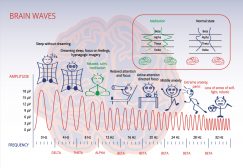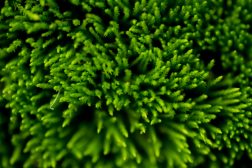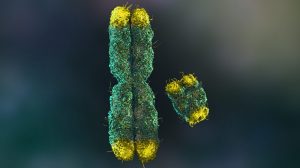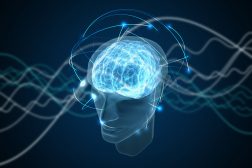quenching
1. The process of extinguishing, removing, or diminishing a physical property such as heat or light; e.g., the cooling of a hot metal rapidly by plunging it into water or oil.
2. In beta liquid scintillation counting, the shifting of the energy spectrum from a true to a lower energy; it is caused by a variety of interfering materials in the counting solution, including foreign chemicals and colouring agents.
3. The process of stopping a chemical or enzymatic reaction.
Origin: M. E. Quenchen, fr. O.E. Acwencan
fluorescence quenching, a technique used in investigations dealing with binding of antigens (haptens) by purified antibodies, applicable in cases in which the bound antigen (hapten) absorbs (quenches) light emitted during fluorescence of protein (antibody) excited by ultraviolet light.
Dictionary > Quenching
You will also like...

Sleep and Dreams – Neurology
While learning and intelligence are associated with the functions of a conscious mind, sleep and dreams are activities o..

Bryophytes
Bryophytes (nonvascular plants) are a plant group characterized by lacking vascular tissues. They include the mosses, th..

Chromosomes X and Y and Sex Determination
This tutorial looks at sex determination via the sex chromosomes, X and Y. Read it to get more info on X and Y chromosom..

Plant Water Regulation
Plants need to regulate water in order to stay upright and structurally stable. Find out the different evolutionary adap..

Consciousness and Behavior
Human consciousness and behavior are an interesting topic since they are determined and controlled by the brain. Conscio..

Roots
This study guide tackles plant roots in greater detail. It delves into the development of plant roots, the root structur..

